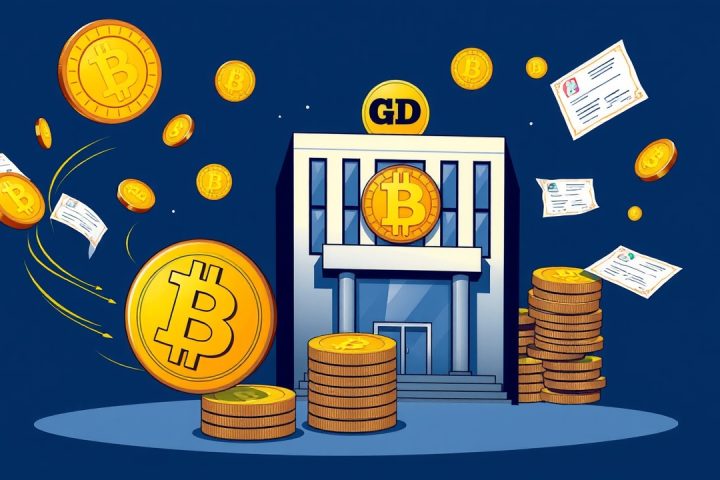Covert Banking Network Dismantled
European authorities have dismantled a covert banking network that laundered over $23 million (€21 million) through cryptocurrencies siphoned from organized crime groups across Europe. Many of these groups are also involved in migrant smuggling and drug trafficking, according to officials. The EU Agency for Law Enforcement Cooperation, known as Europol, reported last week that at least 17 individuals linked to a money laundering and criminal banking ring were arrested during operations conducted in Spain, Austria, and Belgium.
Criminal Banking Activities
The ring’s activities included “parallel banking services, illegal hawala banking, cash collection, cash courier services, and the exchange of cryptocurrencies for cash,” as outlined by Europol. These arrests occur at a time when the European Union is considering implementing measures to track cryptocurrency transfers by updating its current anti-money laundering laws. The EU is exploring ways to achieve this by recording “data on the senders and recipients of funds,” potentially extending these measures to crypto-asset providers, as noted by Paschal Donohoe, Ireland’s Finance Minister.
Seizures and Arrests
Authorities reportedly seized approximately $229,600 in cash, $204,960 in cryptocurrency, 18 luxury vehicles valued at over $232,000, 10 properties worth more than $2.8 million, high-end cigars estimated to be around $701,000, and luxury handbags valued at over $259,000. Europol claims to have financed three Spanish investigators who were deployed to Belgium and Austria, while two additional agents provided support on the ground. Two more special agents were sent to Spain.
Profile of the Criminal Network
Among those arrested during the operation in early January were Chinese and Syrian nationals, with their clientele primarily based in the Middle East and mainland China. The criminals operated through two main factions: one consisting of Chinese nationals responsible for domestic cash collection in Spain, and the other composed of Arab nationals managing international transfers, modernizing the traditional “hawala system” by incorporating cryptocurrency.
The hawala system is an informal fund transfer mechanism that allows funds to be transferred from one person to another without the physical movement of money, as explained by Mohammed El-Qorchi, a senior economist at the International Monetary Fund (IMF). “Hawala” means “transfer” or “wire” in Arabic banking terminology, and the networks facilitating these services are informally known as “hawaladars.”
Mafia Crypto Bank
Spanish media outlet The Olive Press initially described the operation as a “mafia crypto bank,” a label later adopted due to its similarities to mafia operations. Decrypt has reached out to Europol to confirm which specific cryptocurrencies were involved in the operation.
Edited by Stacy Elliott.











